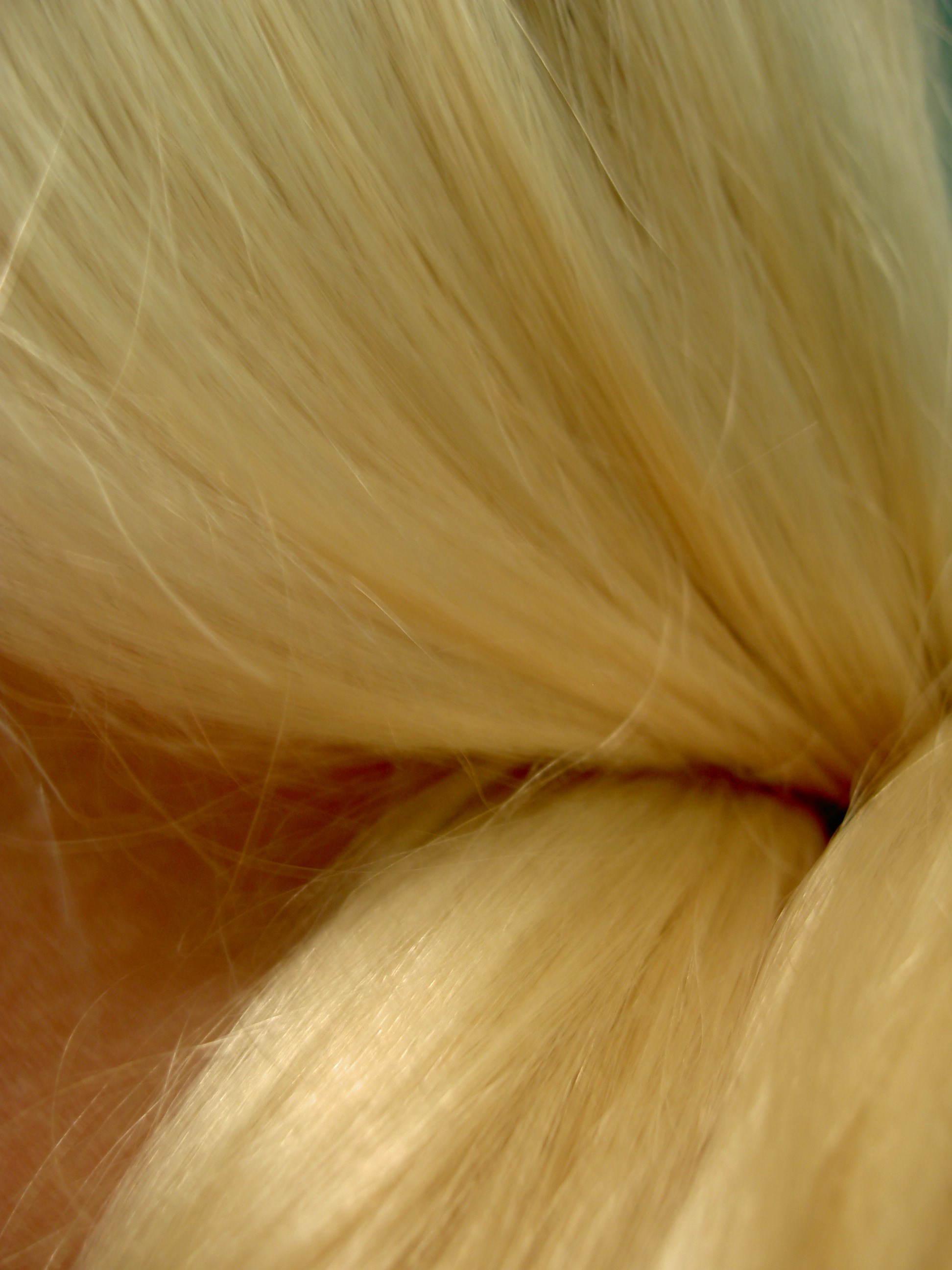We’re in Day Two of 30-70 mph winds only now rain has come as well. There are two equidistant paths to the ocean here. One is flat, just barely higher than sea level, and slopes down to the beach. That path results in really strong sand blasts to the face. The other is down a hill, in between huge rocks, and sand-less. Well, no sand in the face. That’s usually my preferred route.
I love the power of the ocean and winds. It feels great to go outside and weather it for awhile. Coming back into my house, at least on a day like this, feels even better. After I finish this post and French Roast (“post” and French “Roast”, an AA rhyme scheme) , I’ll go outside to see and possibly film the ferociousness of Winter Storm Athena.
* * * * * * * * * * * *
My friend, Sarah Hasu, posted this AOL Music Blog report on my Facebook site. Sarah wanted my opinion, so here is my opinion. First, I need to write some qualifying statements – here come the qualifying statements.
These will be my preliminary and cursory thoughts. I’ll throw in some more cautionary and qualifying words so that I can stress that these are my quick and almost-preliminary thoughts. If I were more serious and studied this fully, I might refer to my thoughts as “findings,” but I’ll stick with almost-preliminary thoughts.
* * * * * * * * * * * *
From the AOL Music Blog:
“Even though Taylor Swift’s new CD Red has sold a recording-breaking 1.2 million copies, one person in particular isn’t thrilled with Tay’s lyric choices. Singer Matt Nathanson is accusing Taylor from stealing a lyric from his 2003 song “I Saw” and using it in her song “All Too Well.”
The lyric in question? Nathanson sings in his song: “and I’ll forget about you long enough to forget why I need to.” And Taylor’s song lyric is: “and I forget about you long enough to forget why I needed to.”
* * * * * * * * * * * *
So, the issue seems to be – is Taylor Swift’s “and I forget about you long enough to forget why I needed to,” an unauthorized copy of Matt Nathanson’s “and I’ll forget about you long enough to forget why I need to.”
“and I’ll forget about you long enough to forget why I need to”
“and I forget about you long enough to forget why I needed to”
My first impression is that I would side with Taylor Swift as I think two (or more) authors could come up with those very similar words independently, i.e., without copying. And if one did not copy the other, it is not copyright infringement.
These two short lyric excerpts from larger songs are of a style of lyric writing I have seen before, one in which a clever literary device is at play. Songs with these literary devices are fairly common in Nashville, country and pop. It reminds me of songs and song titles like these:
“I’m Left, You’re Right, She’s Gone,” (Elvis Presley recording) and
“I Forgot To Remember To Forget,” (Johnny Cash recording) and
“Everybody Has The Right To Be Wrong,” (performance by Andy Williams and Tony Bennett)
Even if Taylor Swift were to admit that she took this or it could be shown that she likely copied this line, there still are reasons why this might not be copyright infringement, or SERIOUS copyright infringement.
1. it is only one line.
2. it is short (almost the same as “it is only one line”).
3. it could be considered an example of de minimis copying (that could include reasons 1 & 2).
4. it could be considered “fair use” for a few reasons. Fair use would cover reasons 1, 2 & 3 but at least one more reason. This copying would have no negative financial effect on the original, i.e., her borrowing would not hurt the market for the original song.
5. Swift’s melody did not copy Nathanson’s melody.
6. Swift’s harmony did not copy Nathanson’s harmony.
7. Swift’s rhythm did not copy Nathanson’s rhythm.
8. Swift’s tempo did not copy Nathanson’s tempo.
All of these points can be spelled out in more detail and more reasons along these lines can be added. Also, not all of these points are created equal.
There are also these considerations:
1. Would this ever get remedied through legal action? (That’s a big one to consider as what does “remedied” really mean, and how do you know when you’ve been “remedied?” — smile smile.)
2. Would Nathanson want the bad press/ill will that could come from suing Taylor Swift? He already has made some very public decisions that are not wise. For example, he should NEVER have tweeted that Taylor Swift is “a thief.”
3. Can Nathanson afford better lawyers than Swift’s lawyers?
4. How much time would Nathanson want to spend on this issue –
1 year?
2 years?
3 years?
4 years?
5 years?
6 years?
7 years?
8 years?
9 years?
10 years or more on this?
I was involved as expert witness in a copyright infringement case over three (3) words, that lasted three (3) years. I’ve spent up to seven (7) years in a case, and I know cases that lasted longer. Time, and the money it takes to fund the time, will cost money.
5. Does Nathanson believe he could/would win via legal motions?
6. If he won (or lost) at trial, would be able to afford an appeal?
7. Does Nathanson have the money to pay all of the defendant’s expenses in this matter? Some courts have ruled that plaintiffs have to pay defendants’ court costs.
8. These reasons can be rearranged – the order above might not be optimal. That is why I referred to all of this rambling as almost-preliminary thoughts.
So, what are your thoughts on these issues?












